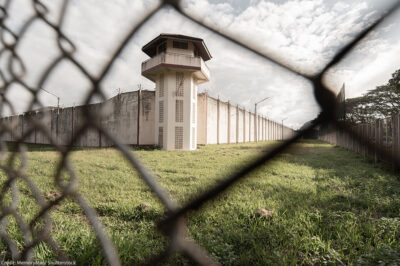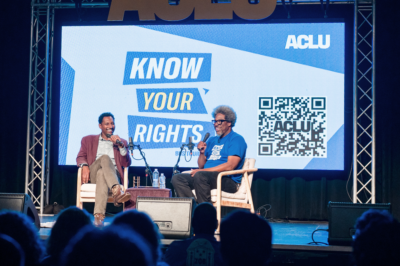The Power of Prosecutors
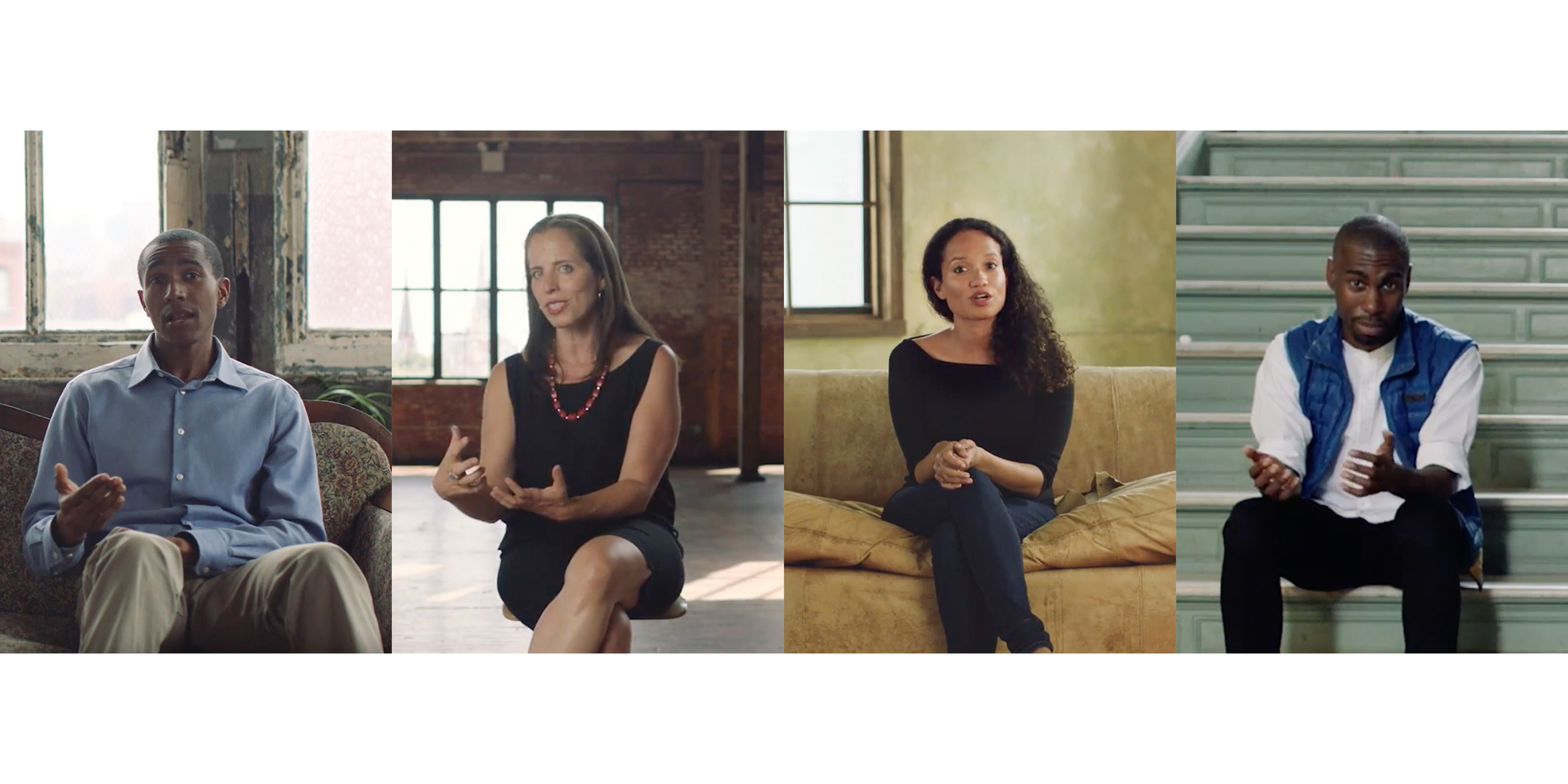
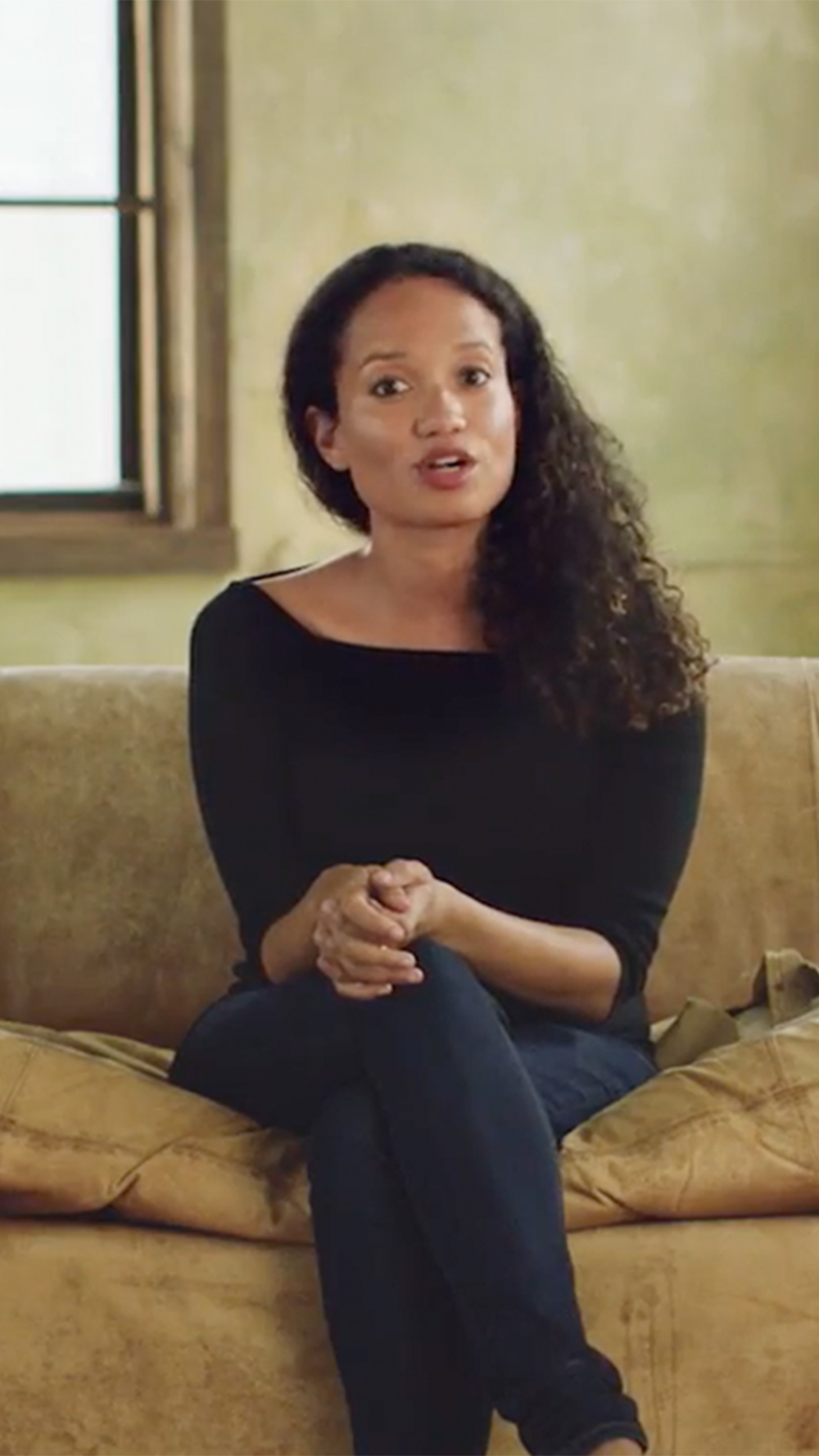
Prosecutors have used their power to pack jails and prisons. And it has taken decades, billions of dollars, and thousands of laws to turn the United States into the largest incarcerator in the world. But did you know that prosecutors also have the power to dismantle this machine — even without changing a single law?
This video series, presented by the ACLU Campaign for Smart Justice and In Defense Of, a project of Brooklyn Defender Services, shows how prosecutors can single-handedly transform the broken American criminal justice system.
Featuring DeRay McKesson (civil rights activist), Nina Morrison (The Innocence Project), Baratunde Thurston (Author and Comedian), Adam Foss (a former prosecutor), Scott Hechinger (Brooklyn Defender Services), John Pfaff (professor and author of Locked In), Josie Duffy-Rice (Fair Punishment Project), and Brandon Buskey (ACLU).
Prosecutors have the power to flood jails and prisons, ruin lives, and deepen racial disparities with the stroke of a pen. But they also have the discretion to do the opposite. This video explores the power of prosecutors to continue to drive mass incarceration — or end it.
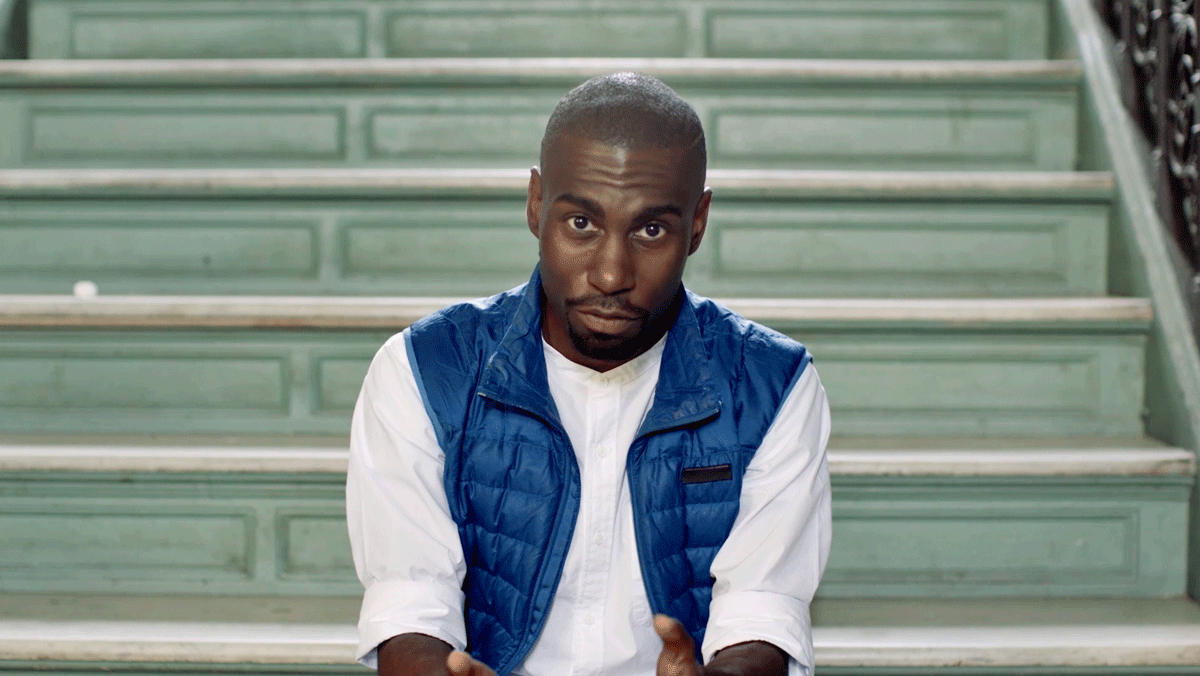
Bail
The U.S.’s wealth-based incarceration system allows those with money to walk free before trial, while those who can’t make bail remain locked up. Guess who decides whether someone will have to pay bail? Believe it or not, the answer is often prosecutors. But they also have the power to recommend freedom.
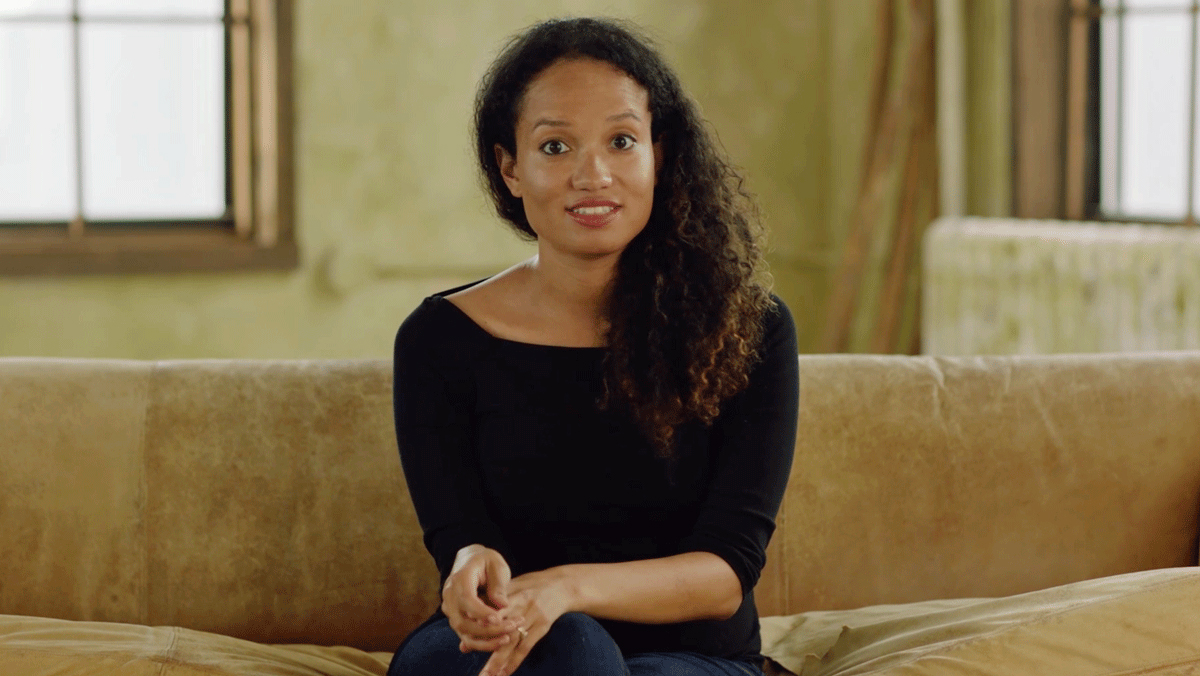
Charging
Prosecutors are the gatekeepers of the criminal legal system. They decide whether to prosecute and what to charge. Their harsh and discriminatory practices have fueled a vast expansion of incarceration as the answer to societal ills over the last several decades. This video exposes how basic charging decisions can reduce our reliance on incarceration and lead to healthier communities.
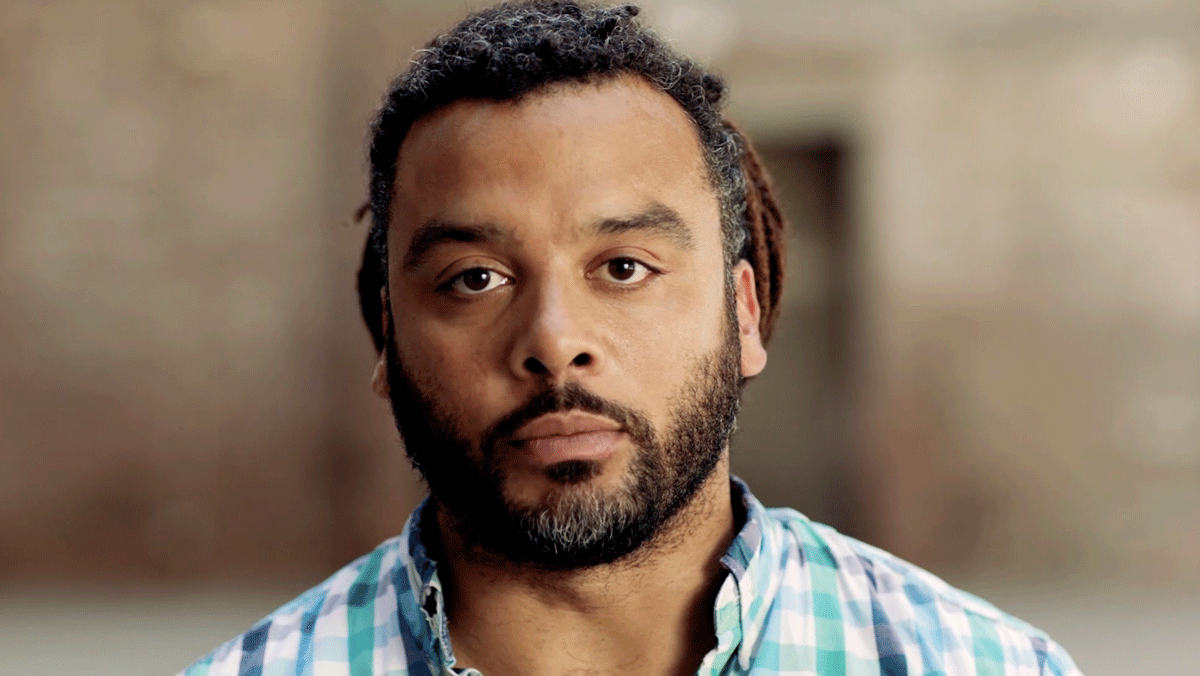
Plea Bargains
Did you know that more than nine out of 10 cases are resolved by plea bargain? That’s in large measure because the harsh criminal laws, like mandatory minimum sentences, have stripped judges of much of their discretion and have instead given prosecutors all the negotiating power. The result: Overwhelmingly, people plead guilty, even when innocent, out of fear of a negative outcome at trial.
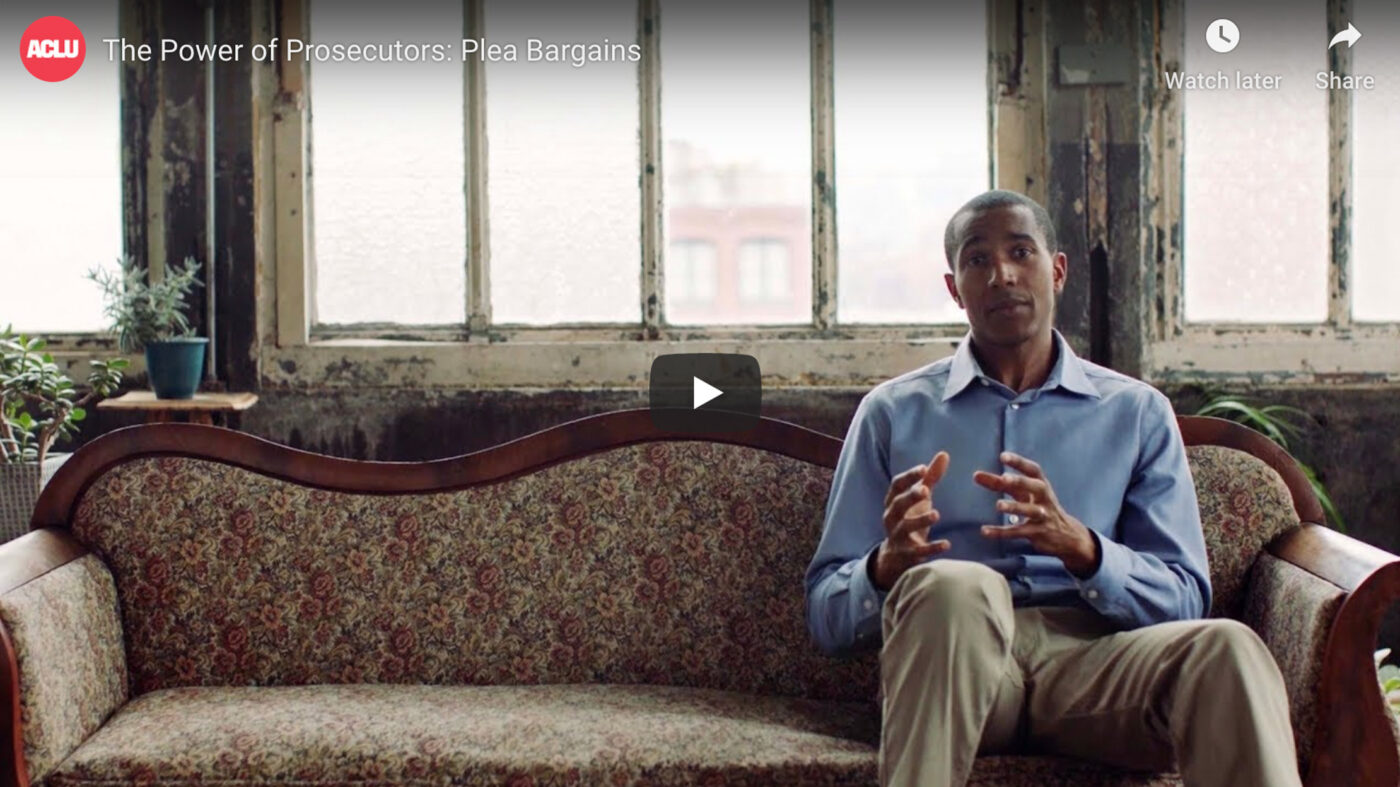
Accountability
Almost all prosecutors in America are elected officials. And voters across the United States — in red and in blue states alike — strongly prefer elected prosecutors who are committed to reducing incarceration, ending racial disparities, and being fully transparent. This video explains how voters can hold prosecutors accountable because power concedes nothing without a demand.
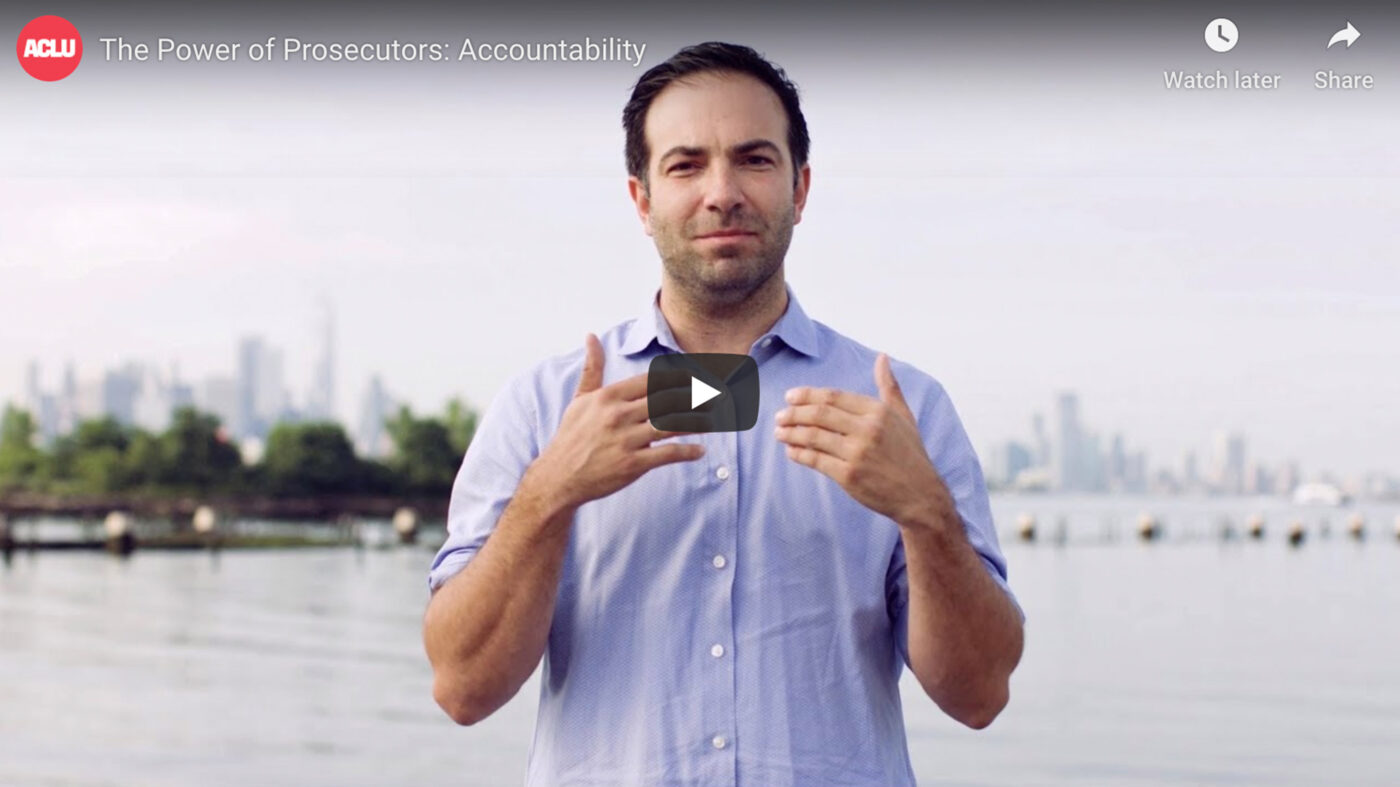
Sign up for ACLU action alerts to end mass incarceration. Text SMARTJUSTICE to 82623.
